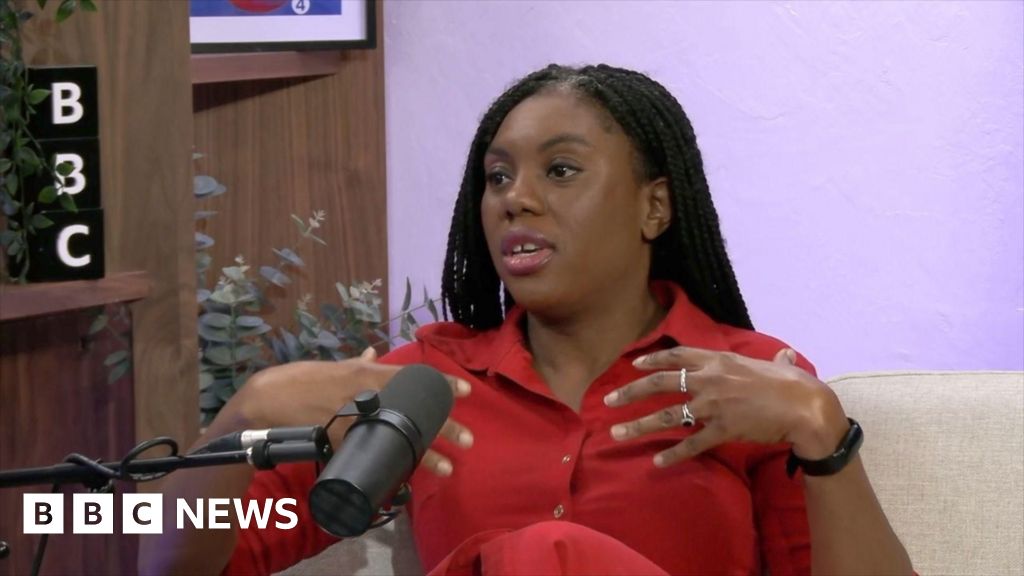ARTICLE AD BOX
The Conservatives and Labour have gone into election battle over the economy as the first weekend of campaigning kicks off.
Chancellor Jeremy Hunt has said he wanted make further cuts to National Insurance, the tax used to help pay for welfare benefits and the NHS.
Shadow chancellor Rachel Reeves promised voters Labour would "never play fast and loose with your money".
The comments come as the public spending think tank, the IFS, warned that the "parlous" state of the UK's finances would "hang over the campaign like a dark cloud".
The Institute of Fiscal Studies said that unless the economy sees a dramatic boost, the next government would have to either cut spending, raise taxes or increase borrowing.
Earlier this year the IFS accused the major parties of a "conspiracy of silence" by not acknowledging the scale of the choices and and trade-offs that will face us after the election".
With the election now under way, both Mr Hunt and Ms Reeves will be facing questions over their plans for the financial challenges ahead.
In his first interview since Rishi Sunak called a general election for 4 July, Mr Hunt told the Telegraph he would build on previous cuts to National Insurance saying: "We made a start, and we will go further."
He also suggested he would seek to lower the taxes paid by people earning between £100,000 and £125,000 a year, who pay a greater proportion of their income in tax than even higher earners.
The chancellor also described inheritance tax as "pernicious" and "profoundly anti-Conservative" arguing that it deterred people from saving.
Asked if cutting inheritance the tax would be a priority, he said: "I hope it's something that over time a Conservative government would be able to look at.”
Speaking to another traditionally-Conservative supporting paper, Ms Reeves told the Daily Mail she would deliver “tough spending rules so we can grow our economy and keep taxes, inflation and mortgages as low as possible.”
"I will never play fast and loose with your money... I believe in sound money and public spending that is kept under control."

 6 months ago
54
6 months ago
54








 English (US) ·
English (US) ·